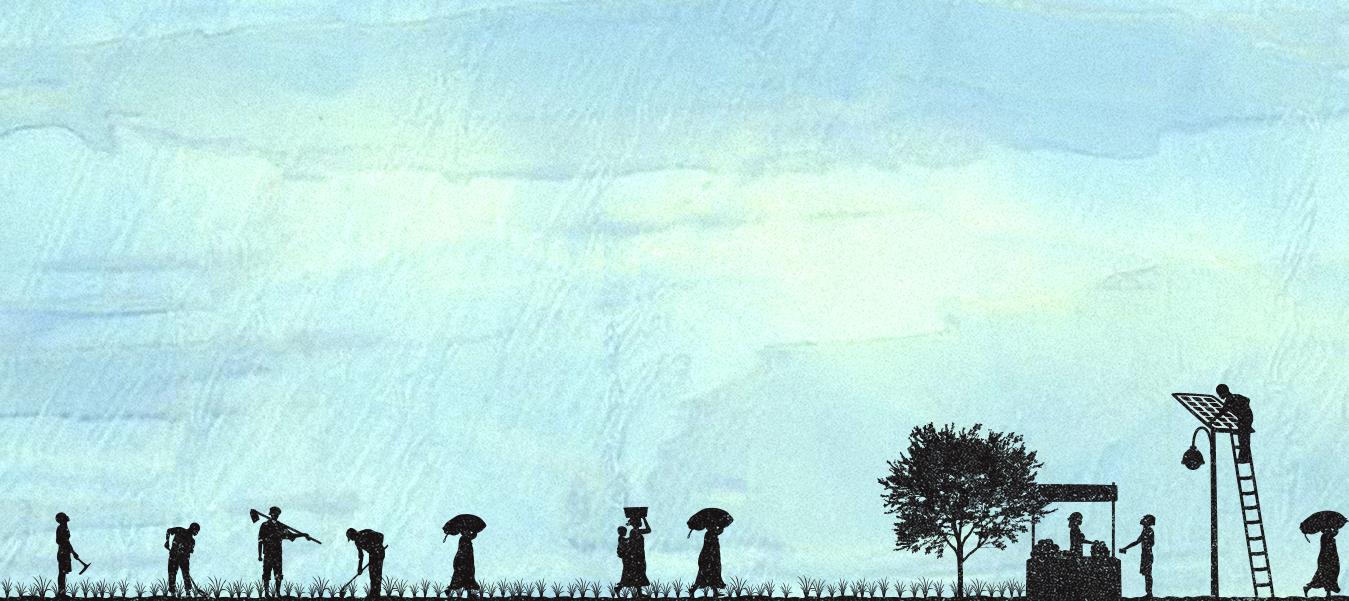USMC hosts Poverty, Inc. screening and panel discussion
Bardia Besharat ASSOCIATE NEWS EDITOR
Illustration: Poverty, Inc. cover.
The University of St. Michael’s College (USMC) hosted a screening of the 91-minute documentary, Poverty, Inc. (2014) at Alumni Hall on Wednesday, November 8. The evening was sponsored by the Newman Centre, USMC, and the Archdiocese of Toronto.
The screening was followed by a panel discussion. One of the panelists was Andreas Widmer, an ex-Swiss Guard for Pope John Paul II turned successful entrepreneur. Widmer was featured in the lm, and offered his perspective on the issue of poverty. Anne Leahy was the other panelist. Leahy is a member of the Advisory Board of the School of Religious Studies at McGill University, and served as the Ambassador of Canada to the Holy See from 2008–12.
Poverty, Inc. is an “award-winning documentary that analyzes the results of some Non-Governmental Organizations’ (NGOs) attempts to help alleviate extreme poverty in countries in the developing world.” It tackles the issue of the effects of charity, as well as the business involved in poverty in Africa. The film, directed by Michael Matheson Miller, addresses the industry of foreign aid and suggests alternate plans to the current method of aiding impoverished African countries in particular.
After the screening, the panel discussion began. The panelists discussed questions about issues dealing with poverty in today’s world. One of these issues was the topic of corruption in impoverished African countries. In response to this, the topic of corruption in a given political and social environment arose. The panelists discussed the fact that people stuck with corruption tend to give in to corruption solely because they have to.
Along with the topic of corruption, the topic of the morality of aid arose. Widmer stated that no company should serve as a moral advocate and people should be aware of their own moral actions.
The issue of Chinese involvement in Africa was also discussed, with the question of whether there is a residual shared responsibility of the effects of business on the world.
Throughout the discussion, the panelists spoke about the other side of poverty and foreign aid that we, as regular civilians, do not usually see. The discussion’s consensus appeared to be that poverty is an industry that the West is currently losing in.




